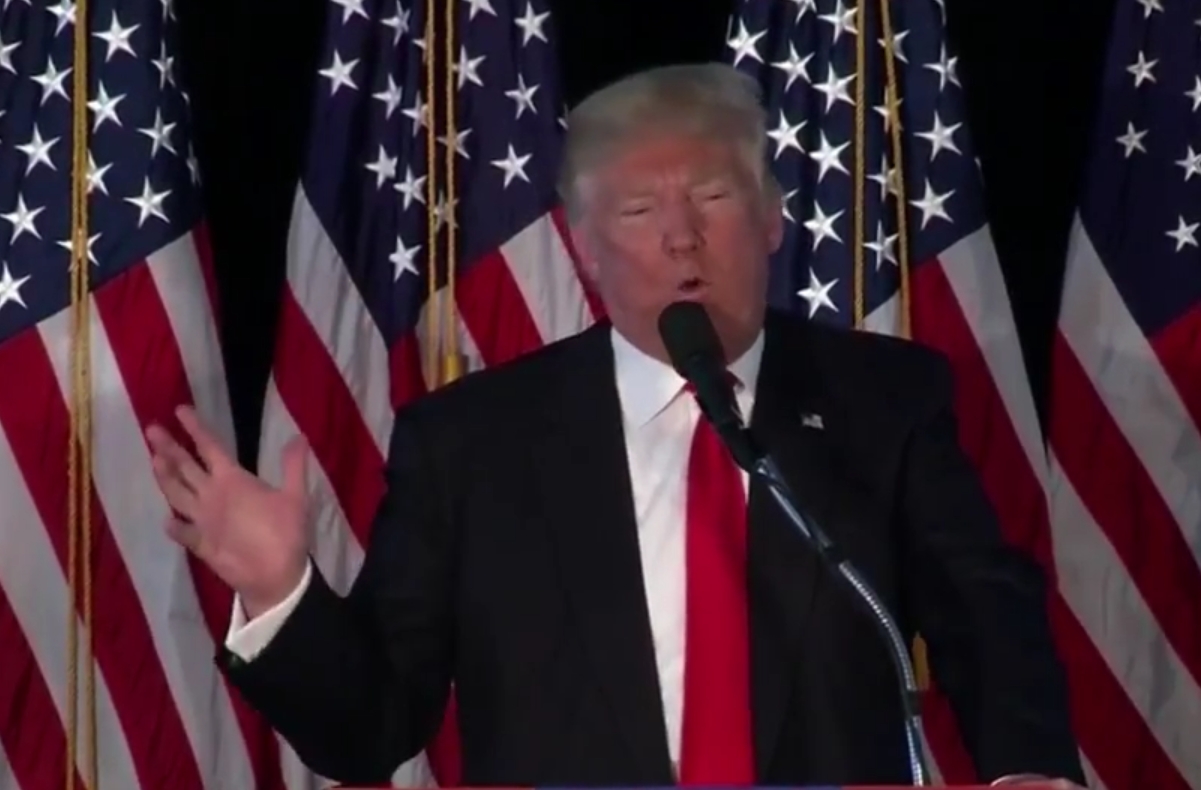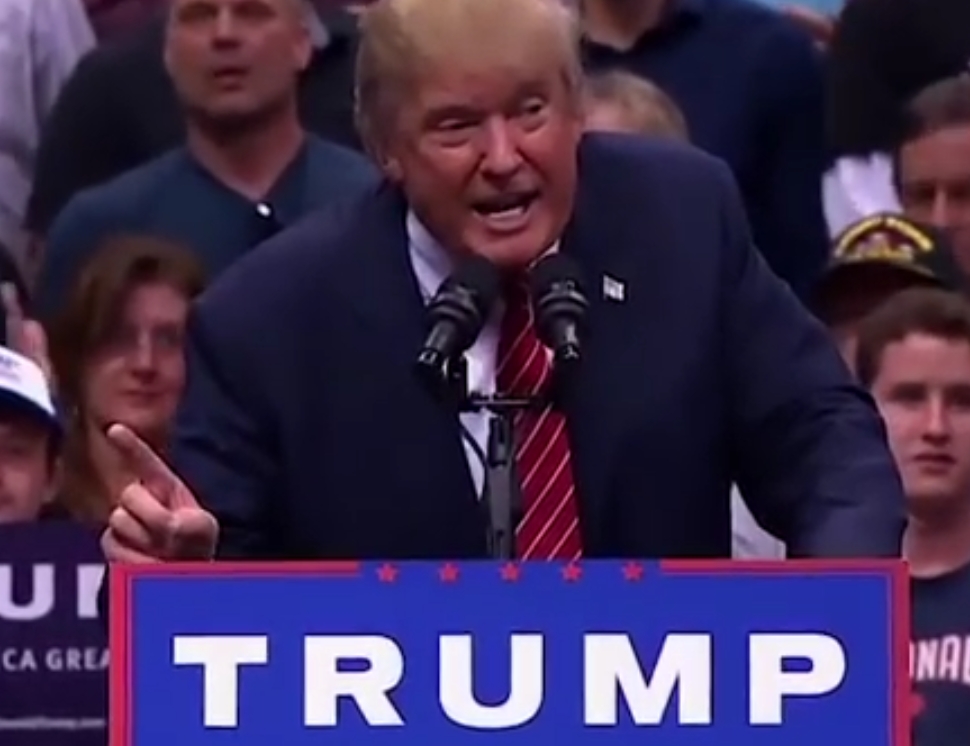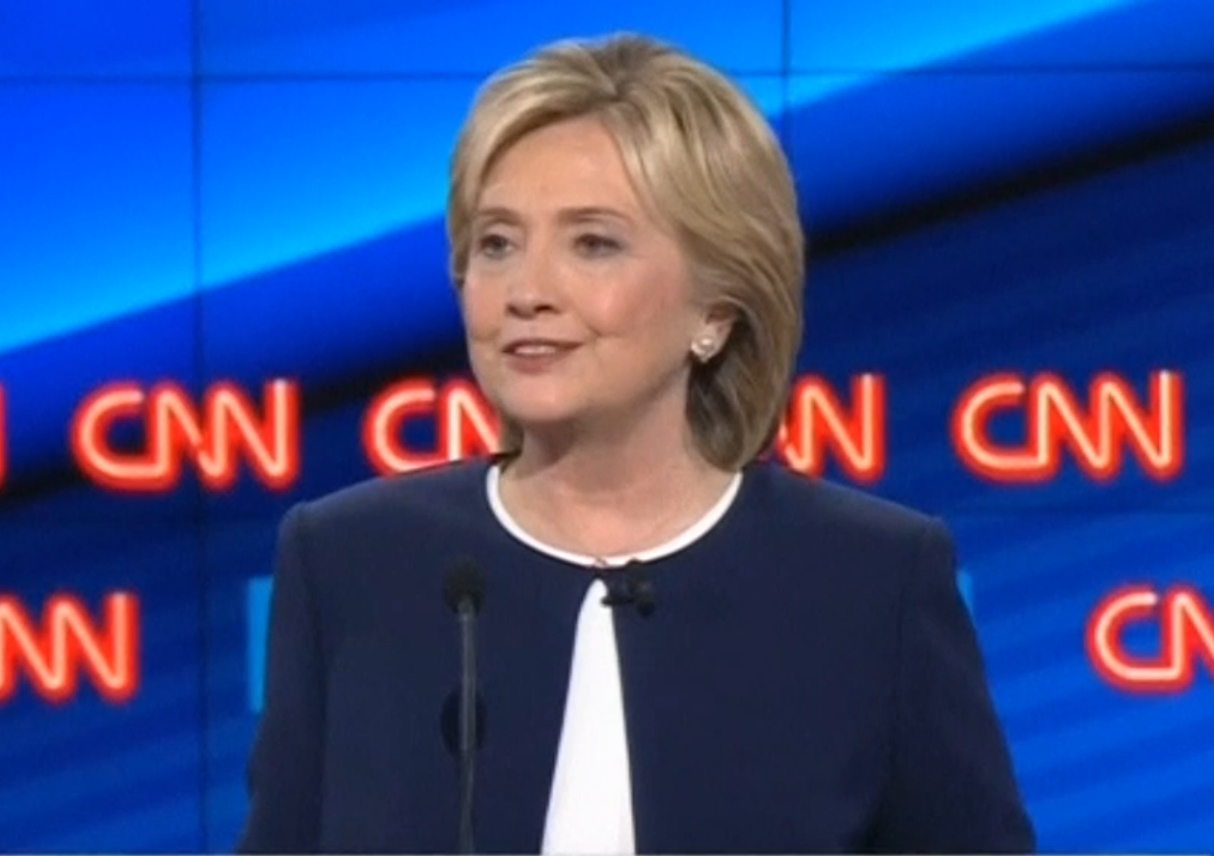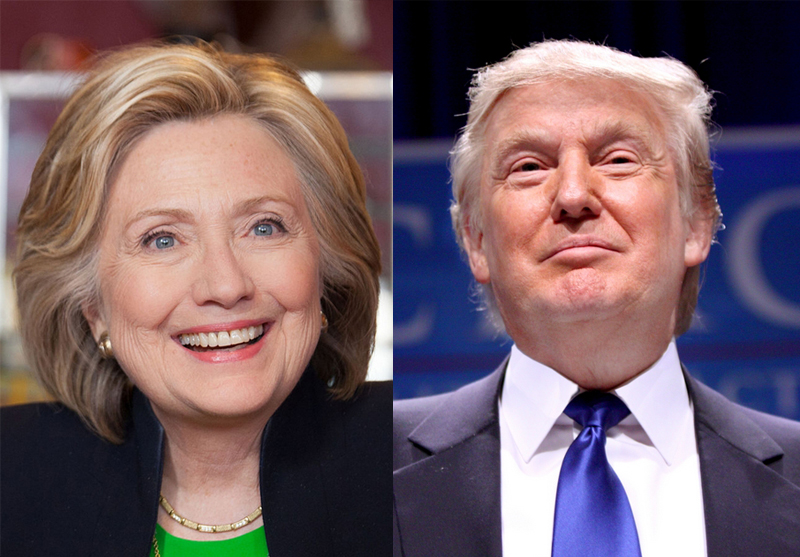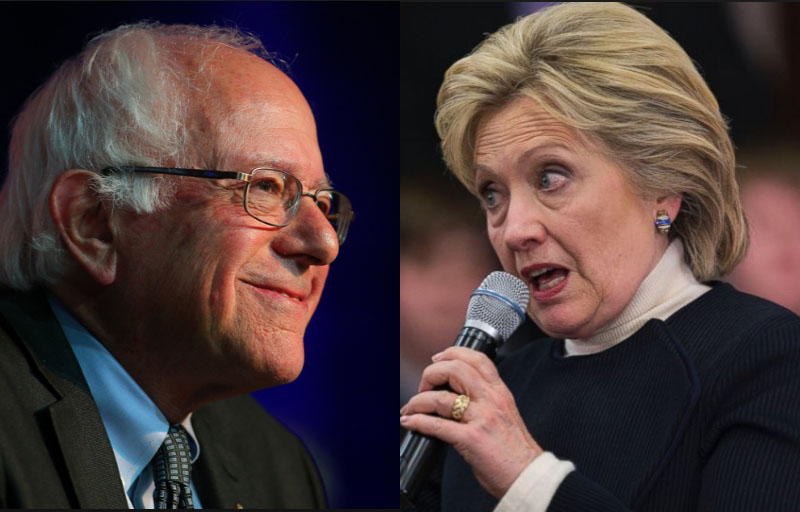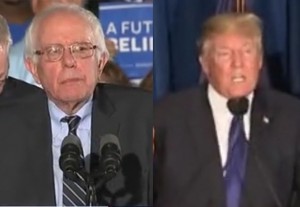
WASHINGTON/MANCHESTER, NH—Democratic socialist Bernie Sanders and outspoken Republican billionaire Donald Trump coasted to big victories in their respective party presidential primaries in New Hampshire on Tuesday, but the focus of the U.S. presidential campaign quickly moved to upcoming votes in South Carolina and Nevada.
Sanders, a Vermont senator, routed former secretary of state Hillary Clinton by a 60 – 38 percent margin in neighboring New Hampshire. Trump collected 35 percent of the Republican vote, more than double that of his nearest challenger, Ohio Governor John Kasich, with even bigger margins over several other challengers.
All of the top contenders immediately eyed the next party contests on February 20, when Republicans hold a primary election in South Carolina, a conservative state along the Atlantic coast, and Democrats hold party caucuses in the western state of Nevada, best known as the country’s gambling center. Three days later, Republicans have their caucuses set for Nevada, while Democrats will hold their South Carolina primary on February 27.
The flamboyant Trump has routinely belittled his opponents, especially former Florida governor Jeb Bush, the son and brother of two U.S. presidents who finished fourth in the New Hampshire voting behind a conservative firebrand, Texas Senator Ted Cruz.
Fresh off his first-ever election victory, Trump, a one-time television reality show host, complained about a Kasich ad that targeted him and said he may “have to take a little tougher stance [against him] than I would have normally.”
With a large field still in the race, Trump said his rivals are “all really potential threats; but, I’m OK at handling threats.”
Moving on to South Carolina
Early political surveys in South Carolina show Trump with a big lead over Cruz in a state long accustomed to tough political battles in Republican presidential campaigns. In the Democratic race there, Clinton is holding a large edge over Sanders, largely because of her support from black voters, who are expected to comprise a large part of the electorate in the state’s Democratic primary.[xyz-ihs snippet=”adsense-body-ad”]
Sanders said his victory “sent a message that will echo from Wall Street to Washington, from Maine to California. And that is that the government of our great country belongs to all the people and not just a handful of wealthy campaign contributors and their Super PACs [independent campaign committees].”
His campaign launched ads Wednesday in Oklahoma, Minnesota, Colorado and Massachusetts — all states where it believes he has a chance to boost his nomination chances. Even with Sanders’s New Hampshire win, U.S. political analysts still say Clinton will eventually be the Democratic candidate in next November’s national election to pick the successor to President Barack Obama, who leaves office next January.
Clinton concedes to Sanders
After her trouncing in New Hampshire, Clinton, the country’s top diplomat from 2009 to 2013, conceded to Sanders, even as she pressed her contention that his proposals are unlikely to be enacted in politically fractious Washington.
“People have every right to be angry,” Clinton said. “But they are also hungry. They’re hungry for solutions. What are we going to do? Here’s what we’re going to do. We take this campaign to the entire country; we fight for every vote in every state; we are going to fight for real solutions that make a real difference in people’s lives.”
The New Hampshire results were in line with recent opinion polls which showed Sanders and Trump with comfortable, double digit leads over their rivals.
Candidates react
“We are going to make America great again,” a triumphant Trump told supporters during a victory speech. “But we’re going to do it the old fashioned way. We are going to start winning again, and we are going to win so much, you are going to be so happy,” Trump added.
The soft-spoken Kasich, whose campaign has focused on issues rather than personal attacks, put nearly all his resources into doing well in New Hampshire.
“Maybe, just maybe, we are turning the page on a dark part of American politics, because tonight the light overcame the darkness of negative campaigning,” Kasich said after the vote during what felt like a victory speech even as he trailed far behind Trump.
Second-tier candidates
Bunched up a few percentage points behind Kasich were Cruz, Bush and Florida Senator Marco Rubio. They each received about 11 percent of the vote.
It is not clear whether the result will further narrow the Republican field; but, many analysts now say that Trump appears to be the consensus GOP frontrunner.
“When you consider all the negative comments that are made about him, all the attacks – if he can survive it, and beat all these guys by 10 points or more, then he’s clearly the frontrunner,” conservative pollster Frank Luntz told VOA.
Source: VOA [xyz-ihs snippet=”Adversal-468×60″]


